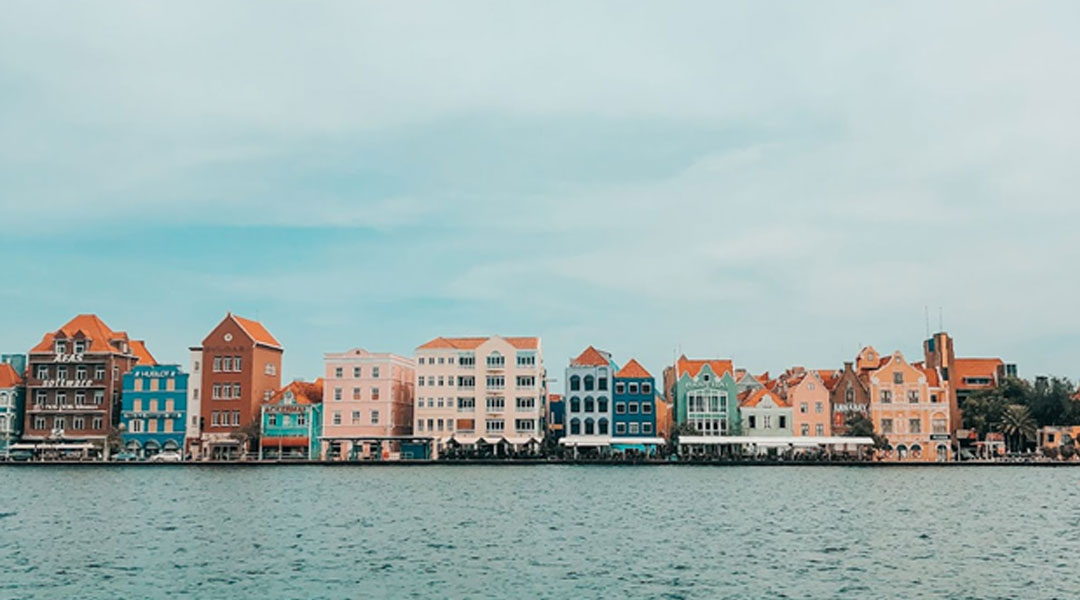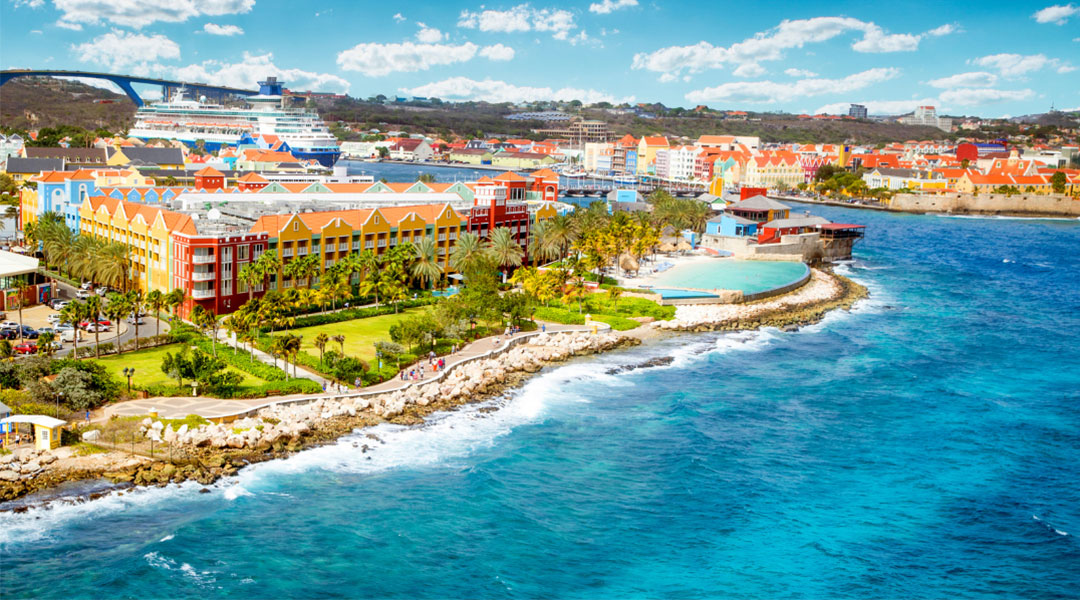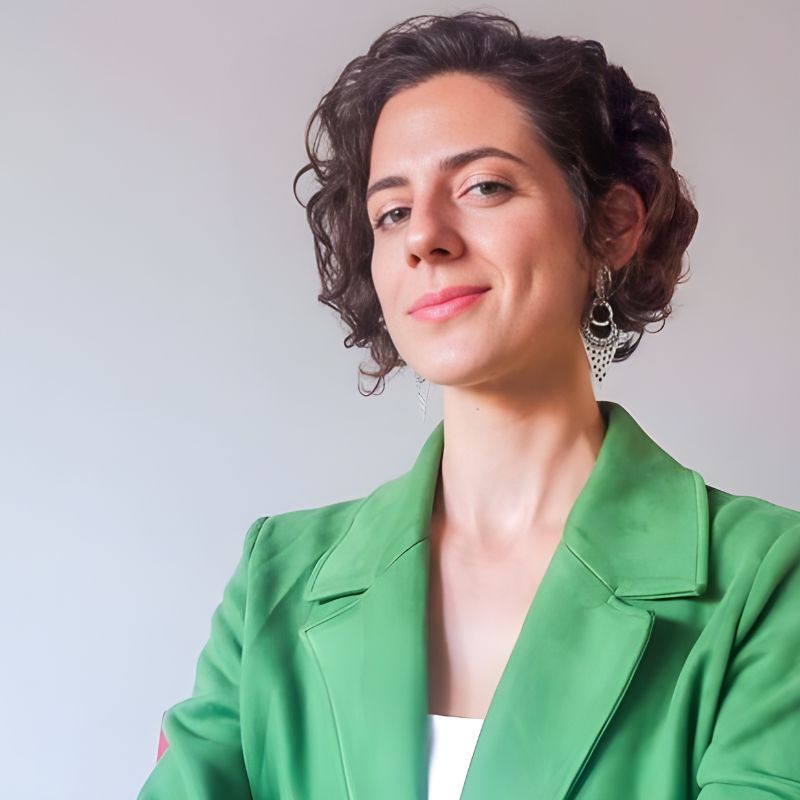Curaçao, a vibrant island nation in the Caribbean, is on a journey toward sustainable development, guided by a roadmap designed to align its aspirations with the United Nations’ 2030 Agenda for Sustainable Development.
A Catalyst for Transformation
In June 2018, Curaçao welcomed a United Nations mission comprising representatives from UNDP, ILO, UNICEF, UNFPA, and ECLAC. This mission, initiated at the behest of the Curaçaoan government, marked the inception of a partnership between the island and the global community. Its goal: to provide guidance and support for Curaçao’s journey towards the realization of the 2030 Agenda and the Sustainable Development Goals (SDGs).
This collaborative endeavor has since paved the way for profound change and progress in Curaçao, strengthening its position as a beacon of sustainable development in the Caribbean region. It is a testament to the power of collective action and international cooperation in the pursuit of a more equitable and sustainable future.
Guided by a Comprehensive Roadmap
At the heart of Curaçao’s commitment to sustainable development lies a comprehensive roadmap. Developed through extensive consultations with a wide array of stakeholders, including government bodies, the private sector, civil society, academia, and youth groups, the roadmap is a guiding light addressing key areas crucial for SDG implementation.
The roadmap’s first milestone was the assessment of Curaçao’s current development plans. This examination revealed a commendable 69% alignment of the island’s national planning documents with the SDG targets. This alignment is pivotal for ensuring that the development trajectory of Curaçao is in harmony with the 2030 Agenda.

Accelerators for Progress
The roadmap further identifies key accelerators – areas of strategic focus that promise rapid progress in SDG implementation. Each of these areas has undergone thorough scrutiny, with challenges identified and solutions proposed.
1. Inclusive, Sustainable Economic Growth:
- Challenges: Despite Curaçao having a more diversified economy than many Caribbean states, it faces challenges such as a tourism sector performing below its potential, inadequate productivity and innovation, regulatory complexities, labor market inflexibility, and market constraints.
- Positive Drivers: To address these challenges, positive drivers have been proposed, including strengthening institutional settings, broadening ownership of economic development processes, implementing cross-cutting measures to support investments, and supporting employment generation and sectoral growth.
- Interventions: A wide range of interventions have been formulated and prioritized. These interventions include reforms to enhance competitiveness, infrastructure development, investment promotion, and measures to reduce red tape and enhance labor market flexibility
2. Environmental Sustainability:
- Challenges: Curaçao, like many small island developing states, grapples with biodiversity loss, threats from chemicals and waste, unsustainable resource use, climate change impacts, and limited environmental data.
- Positive Drivers: The Environmental Sustainability accelerator is driven by key components, such as water and ocean management under a Ridge to Reef Approach and sustainable energy practices.
- Interventions: Interventions include strategies to manage water resources effectively, strengthen legal frameworks for environmental protection, address unsustainable practices in fisheries, enhance resilience to climate change, and reduce energy dependence through sustainable energy initiatives.
3. Improved Education System:
- Challenges: Curaçao’s education system, while historically strong, faces challenges like low early childhood participation, loss of graduates to emigration, misalignment with local needs, skill gaps for the labor market, and limited vocational education options.
- Positive Drivers: To address these challenges, the Education accelerator focuses on strengthening early childhood education, implementing educational reforms, and enhancing higher, secondary, and primary education.
- Interventions: Proposed interventions include expanding early childhood education, revising curricula to align with local demands, offering vocational education and training opportunities, promoting lifelong learning, and improving teacher training and development.
4. Poverty Reduction:
- Challenges: Poverty in Curaçao is multidimensional, characterized by insufficient income, high debt-to-income ratios, social norms, inadequate housing, limited job opportunities, education system shortcomings, and gender inequalities.
- Positive Drivers: The Poverty Reduction accelerator aims to improve urban infrastructure, adapt laws and government frameworks, enhance the education system, facilitate decent job creation, strengthen welfare and care systems, and improve housing.
- Interventions: Proposed interventions involve initiatives to develop affordable housing, implement skills training and job placement programs, promote gender equality, enhance social welfare schemes, and improve inter-agency coordination for poverty alleviation.
5. Youth Empowerment:
- Challenges: Curaçao’s young population faces significant structural challenges, including high youth unemployment, educational dropout rates, adolescent pregnancies, low early childhood participation, domestic violence, and involvement in criminal activities.
- Positive Drivers: The Youth Empowerment accelerator is driven by creating decent employment opportunities, promoting good health and wellbeing, improving living environments, and enhancing safety for the youth.
- Interventions: Proposed interventions involve developing youth employment programs, implementing comprehensive sexual education to reduce adolescent pregnancies, promoting early childhood education, establishing support systems for victims of domestic violence, and creating youth engagement programs to divert young people from criminal activities.
Mobilizing Financial Resources
Curaçao’s commitment to sustainable development extends to financial responsibility and innovation. It recognizes that achieving the SDGs demands a multifaceted approach to financing. As such, the roadmap advocates for results-based budgeting, revenue optimization through tax system reforms, innovative financing mechanisms, public-private partnerships, and expenditure optimization. These strategies offer the potential to mobilize the necessary resources to drive progress across critical sectors.
Building Effective Coordination and Partnerships
The roadmap also underscores the need for robust coordination mechanisms to facilitate the monitoring and evaluation of SDG implementation. These mechanisms are designed to engage all relevant stakeholders, building on existing government structures and ensuring a participatory approach. Curaçao recognizes that the path to achieving the SDGs demands a whole-of-society approach. This journey involves not only the government but also active participation from the private sector, civil society, academia, and the media. The commitment of these stakeholders is pivotal in driving momentum towards the realization of the SDGs.
Island Innovation recently partnered with Kolektivo, a local organization that supports the regenerative development of Curaçao, for the Kolektivo Conference, which delved into sustainability solutions for the region. This collaboration serves as a testament to Curaçao’s dedication to fostering innovation in its sustainable development journey. Furthermore, the Ministry of Economic Development of Curaçao has been a long-standing supporter and sponsor of the Virtual Island Summit, fortifying the bonds between Curaçao and global sustainable development initiatives.
“At the Ministry of Economic Development of Curaçao, we had already become aware of how effective virtual events could be for island nations which attracted us to become sponsors of the first Virtual Island Summit in 2019, and during the summit some of our team members also gave presentations. When James announced that he would be running a course on how to create a successful virtual event in two months, we immediately saw the value of signing up, as we had been very impressed with the work that James and the Island Innovation team had done in setting up and running the Virtual Island Summit. Our team learned some valuable skills, knowledge and insider tips from James during the course that have allowed us to deliver our own successful events. We then decided to sponsor the Virtual Island Summit 2020 and are looking forward to the next one. If you are looking for coaching on how to successfully create a virtual event then you should definitely contact James and his team!”
Vanessa Toré, Director Foreign Economic Cooperation at Ministry of Economic Development of Curaçao
With a commitment to inclusivity, innovation, and partnership, this island nation is poised to achieve its sustainable development goals and set a shining example for others to follow. It is an invitation for policymakers and multilateral organizations worldwide to join hands with Curaçao in its noble quest for a more sustainable and equitable future.




